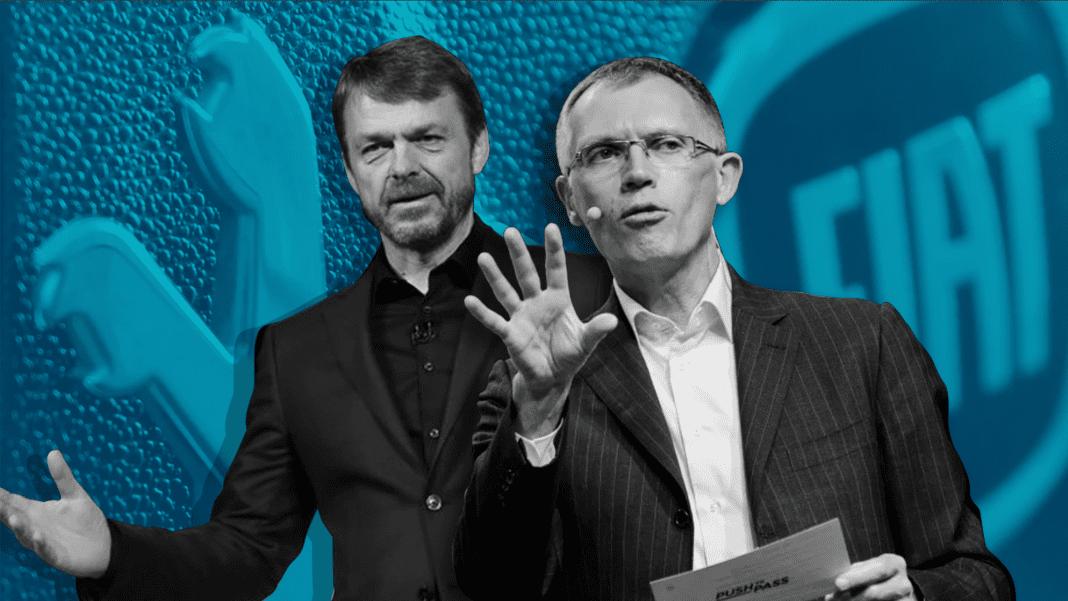The merger between PSA Group and Fiat Chrysler Automobiles NV is forging ahead with the goal of completing the transaction by the end of January, according to Bloomberg reports. The landmark deal is of incredible value to the automakers since operating together as newly-named Stellantis will save approximately $6.1 billion US in costs.
A successful merger will establish Stellantis as the fourth-largest carmaker in the world with a valuation of around $38 billion combined. Altogether the group would tally nearly 8 million vehicle sales worldwide with expected operating profits of $11.8 billion.
Already, PSA’s Chief Executive Officer Carlos Tavares has been tapped on the shoulder to be the Stellantis CEO for a five-year term. Also confirm is the selection of FCA Chairman John Elkann as the group’s chair.
Stability from the merger
Wrapping up the deal soon would put Stellantis on a firm footing for the near future. The coronavirus has wreaked havoc on the auto industry with eight weeks of production shutdowns in the spring, followed by a surprising boon in new vehicle sales to follow it up. Ahead of the merger, FCA reported record third-quarter earnings and production levels finally returning to normal. PSA also reported a Q3 profit of $1.4 billion compared with a nearly a quarter-billion-dollar loss the same period last year.
FCA’s CEO Mike Manley said, “It was a remarkable quarter for our group, despite the lingering effects of COVID-19. We continue to navigate through this crisis by taking decisive action.”
Once complete, the merger would mean neither carmaker would walk the road to recovery alone. Adding to the stability, several major shareholders would be subject to a lock-up period of three years and a seven-year ‘standstill period’ would apply where “extraordinary operations affecting governance cannot be carried out”.
Waiting on antitrust approval
Currently, one of the major roadblocks in place for the merger is European antitrust approval. Already approved by 14 jurisdictions, it seems only a matter of time until European regulators give the deal their stamp of approval. The hope is for approval by the end of December to prevent yet another delay in wrapping up the merger.
Bloomberg’s unnamed source reports that, if the regulatory antitrust approval doesn’t come through in time, it’s expected that the involved parties would hold shareholder meetings Jan 4 to get their signoff.
What the PSA-FCA merger hopes to accomplish
A finalized deal between the carmakers will achieve a presence for PSA in North America with their Peugeot brand, something that’s been a dream for years. In return, FCA will have access to PSA’s emissions-reducing tech – an area FCA has been near the back of the pack.
Despite leapfrogging Ford for carmaker size, Stellantis remains poorly positioned for the world’s largest auto market: China. Instead, they’ll continue to be centered around the North American and European markets.
Did you enjoy this article from Jason Unrau? Read other articles from him here.
Be sure to follow us on Facebook and Twitter to stay up to date or catch-up on all of our podcasts on demand.

While you’re here, don’t forget to subscribe to our email newsletter for all the latest auto industry news from CBT News.








